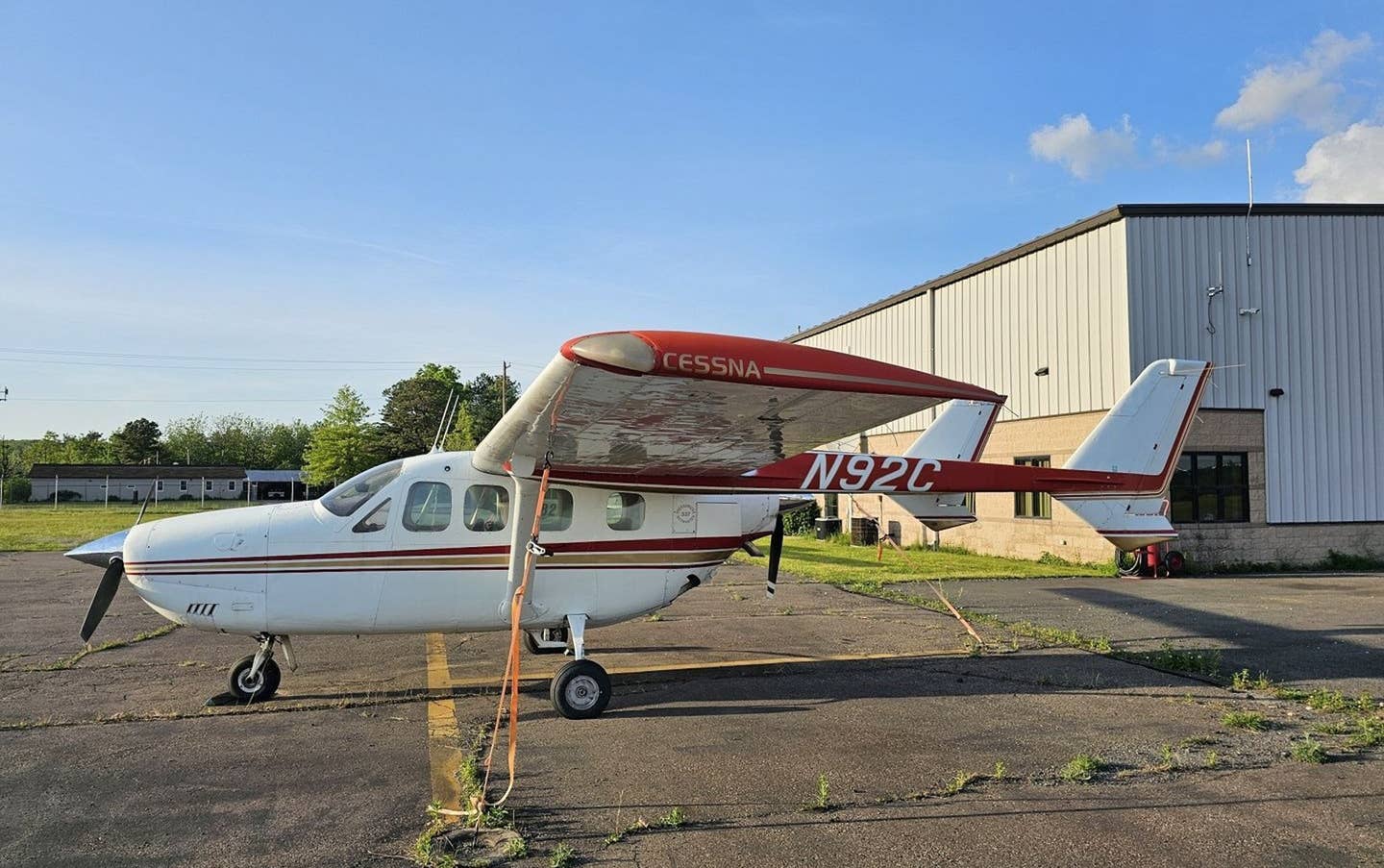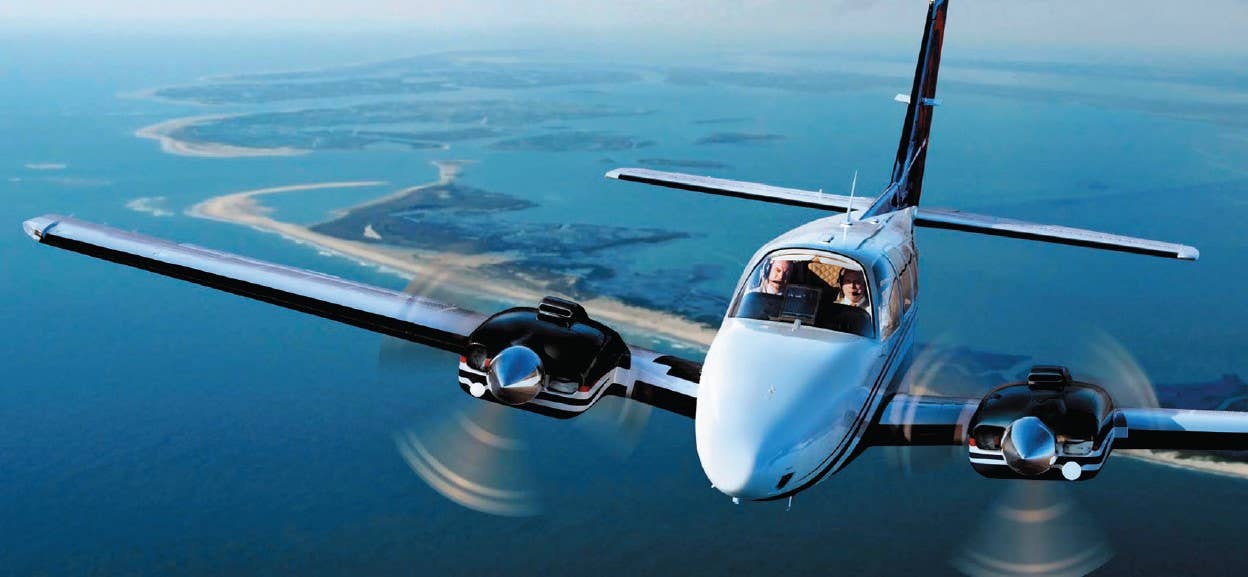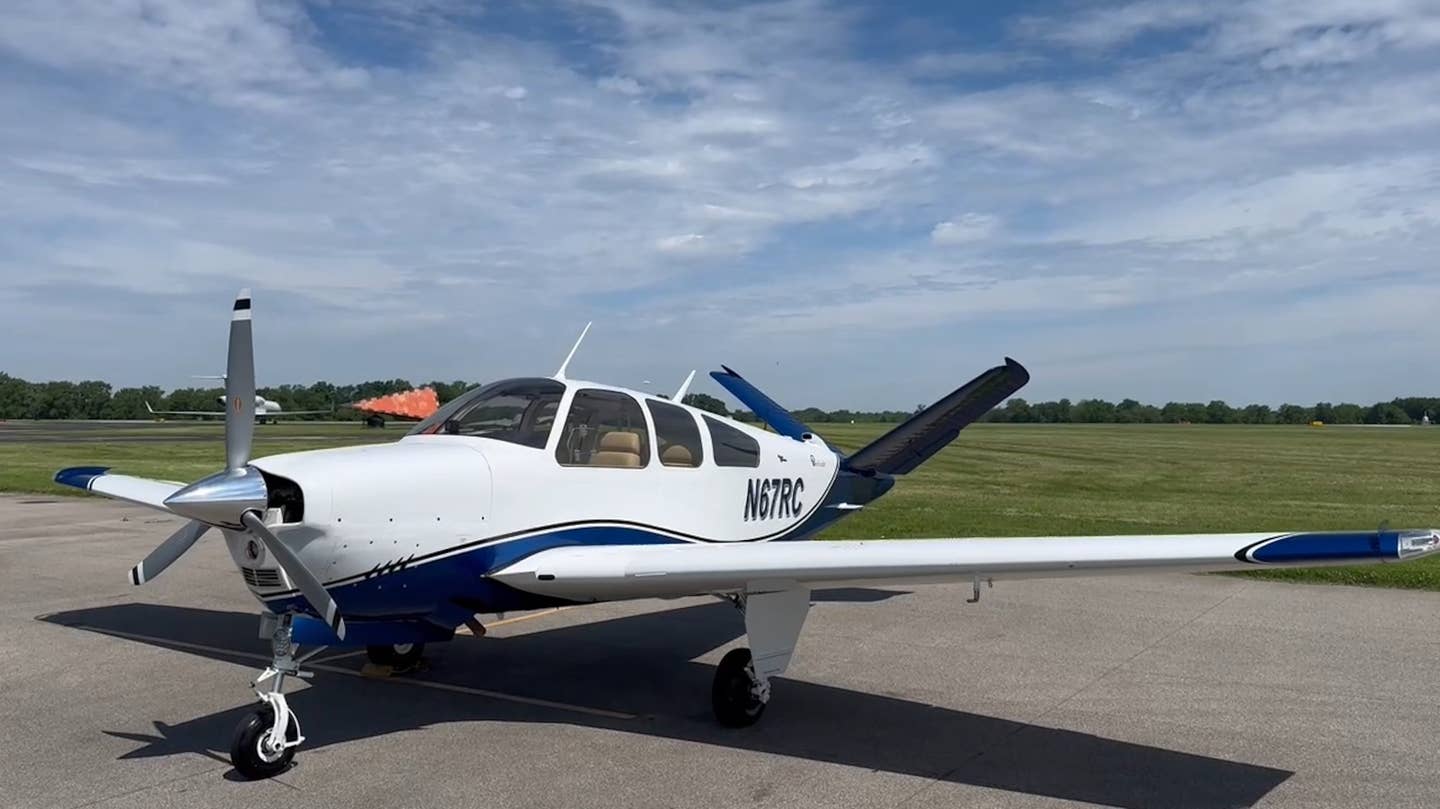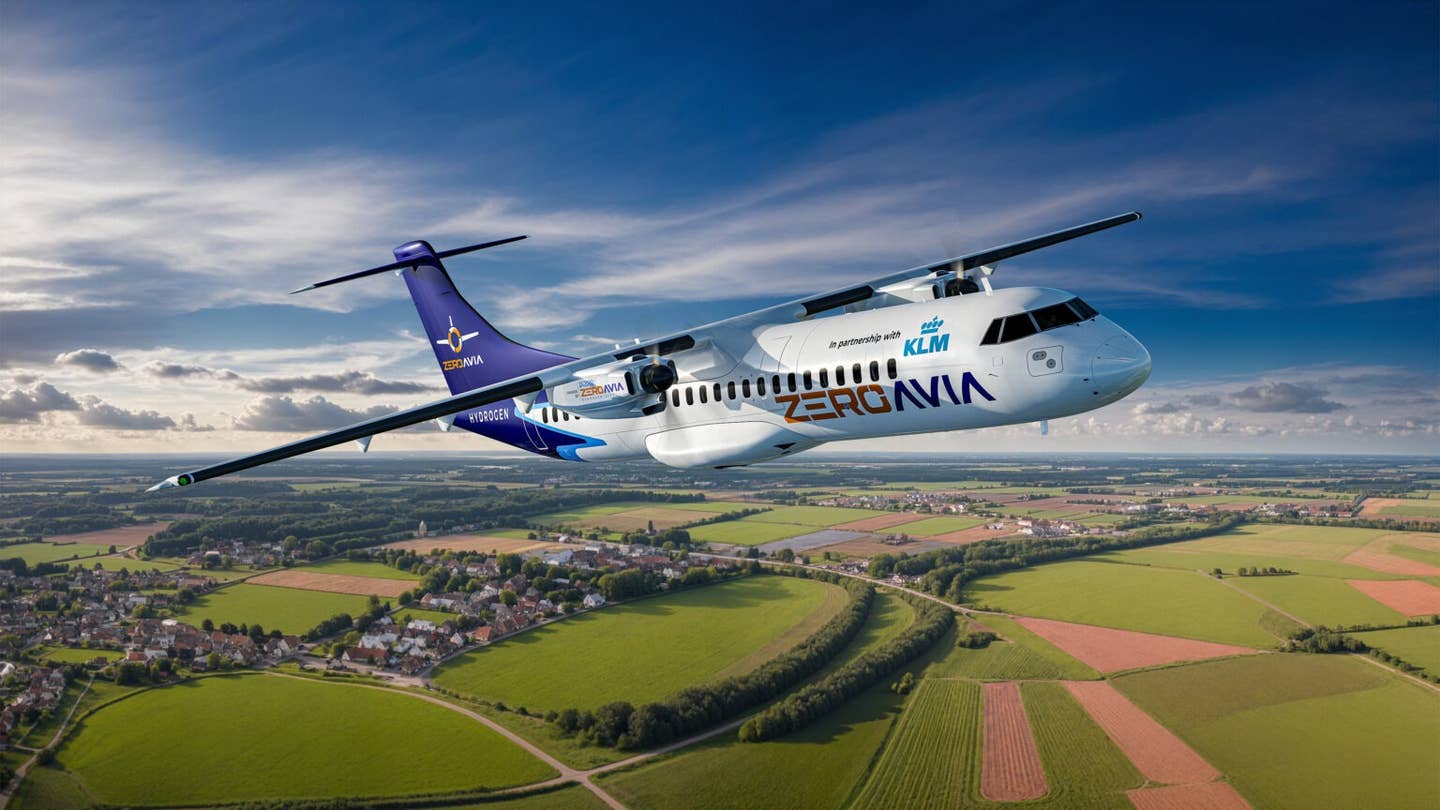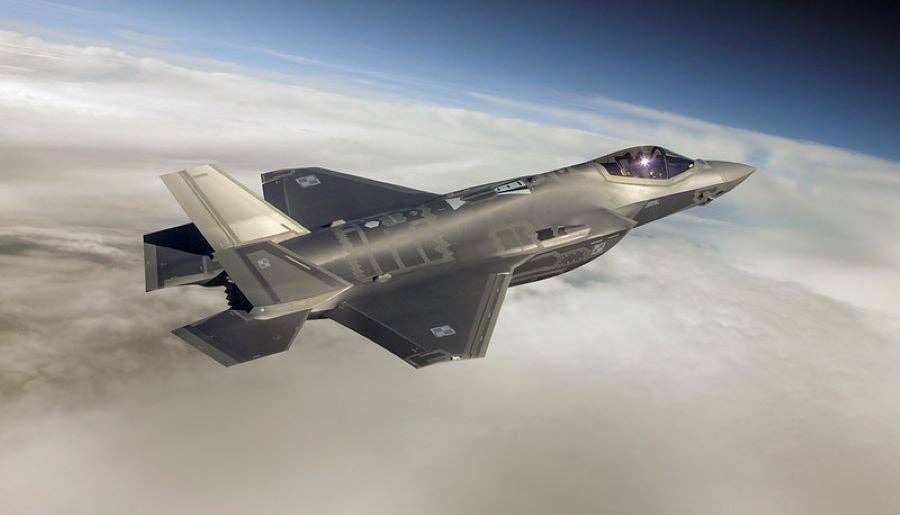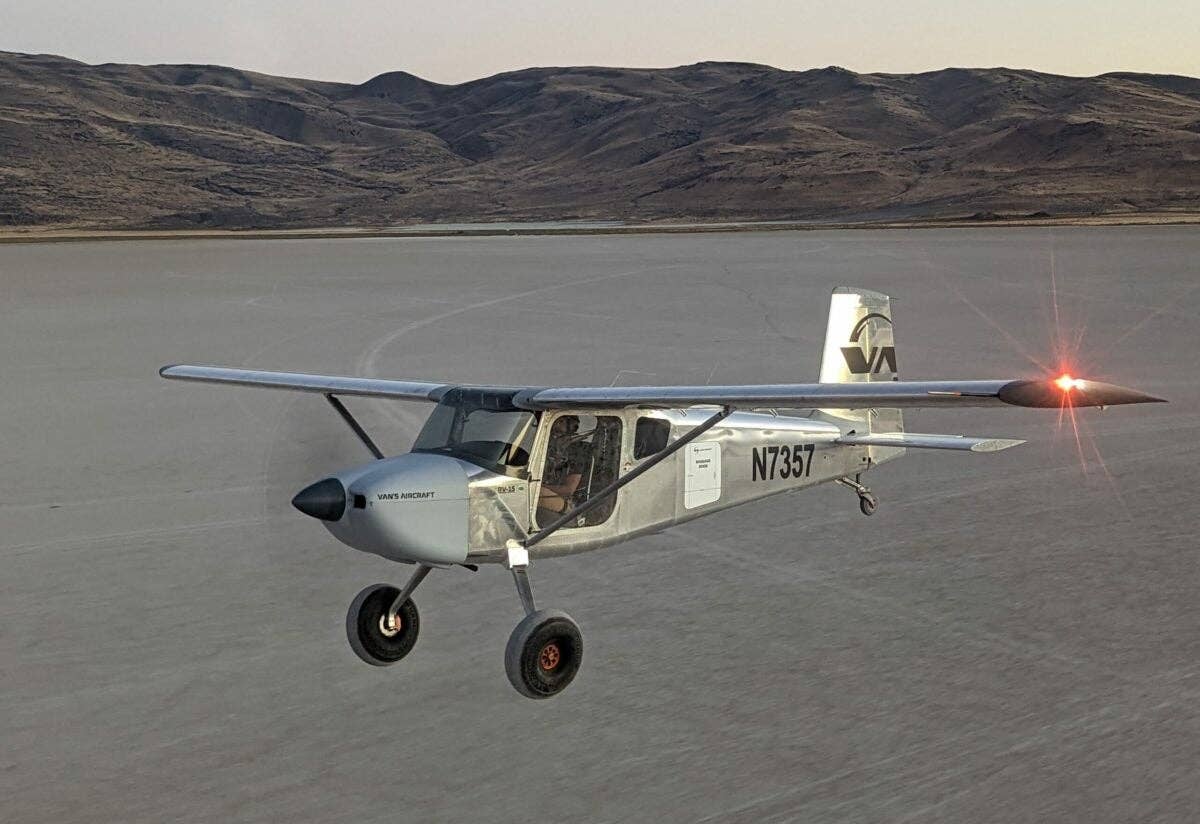
Heli-Expo 2010 Robert Goyer
With more than 50 helicopters on display, this year's Heli-Expo bucked the worldwide recession in its own peculiar way. The rotorcraft industry has always been an economic enigma. It is fragmented into many diverse elements, including: training, corporate transport, emergency medical services (EMS), offshore oil support, electronic newsgathering, law enforcement, and utility (logging, pipeline work, firefighting, etc.). While it's rare that all segments are booming at once, it is also rare that all are simultaneously undergoing equal levels of economic hardship. And unfortunately, the specialized equipment needed for each discipline makes it next to impossible for an operator to readily cross over from one business segment to another. So Heli-Expo has rarely shown excessive highs or lows, and this year would appear to be no exception. Some manufacturers are announcing multi-unit sales — Agusta Westland with four to an oil-and-gas company and Sikorsky with a total of five sales to two companies in Brazil. The latter also announced a new version of its classic S76, the new S76 D, which features a more powerful engine and glass panel avionics from Thales. And at this year's Heli-Expo, Robinson was taking deposits for its first turbine-powered helicopter, the Rolls-Royce-powered R66. So when the doors closed at the George R. Brown Convention Center in Houston earlier this week, rotorcraft fans, as usual, could see good signs for their future fortunes.

Subscribe to Our Newsletter
Get the latest FLYING stories delivered directly to your inbox

